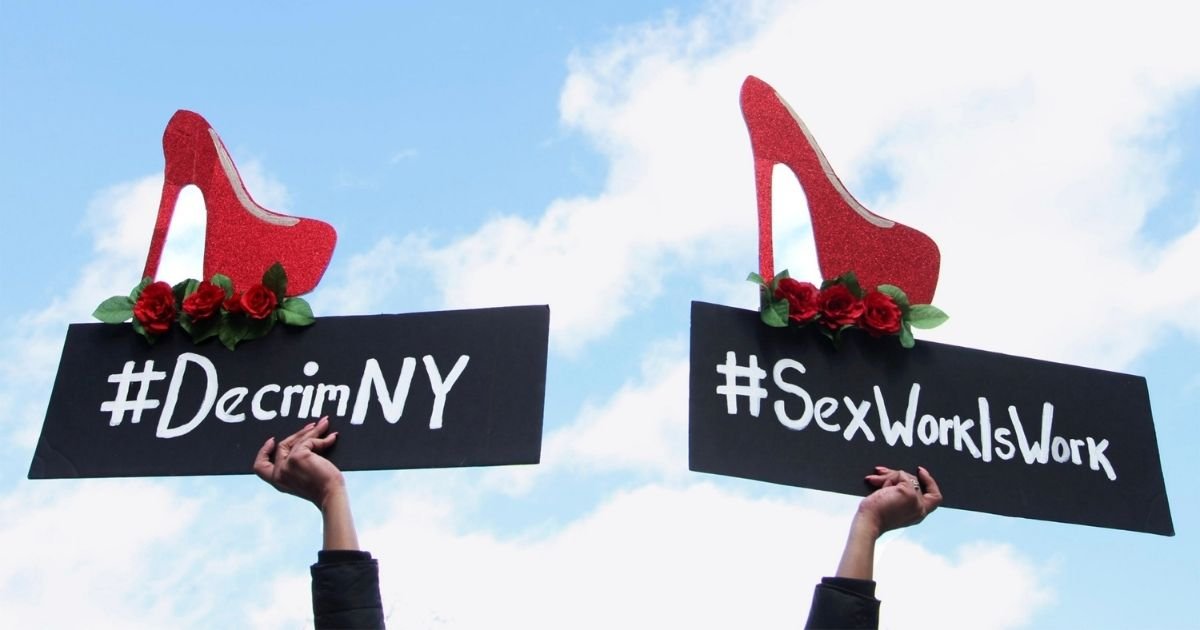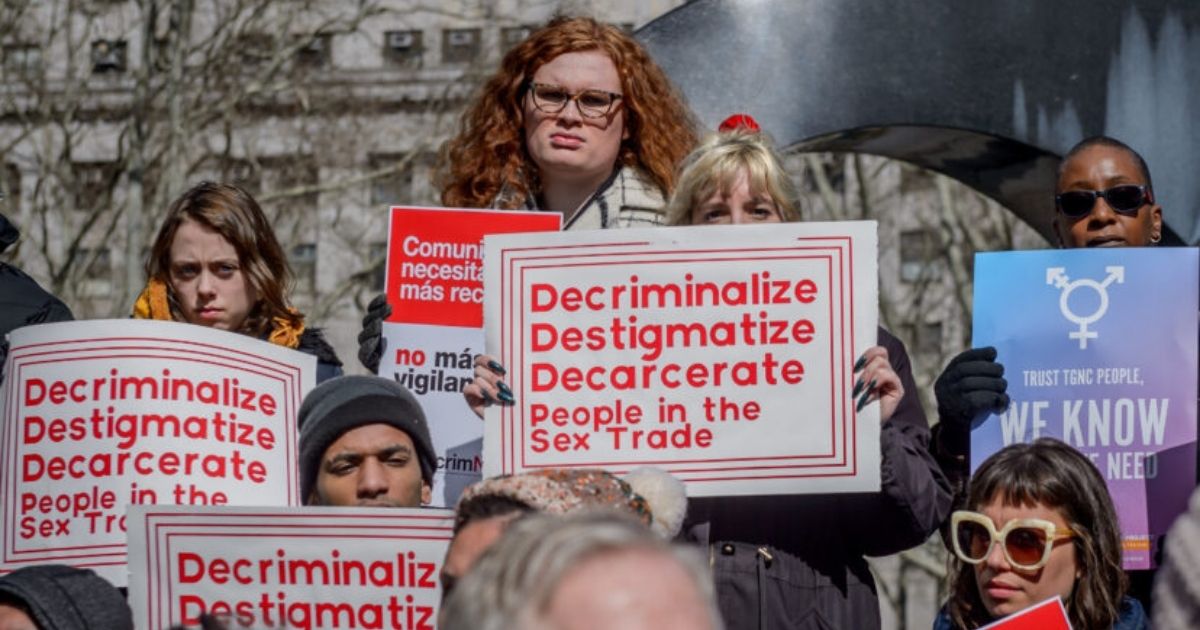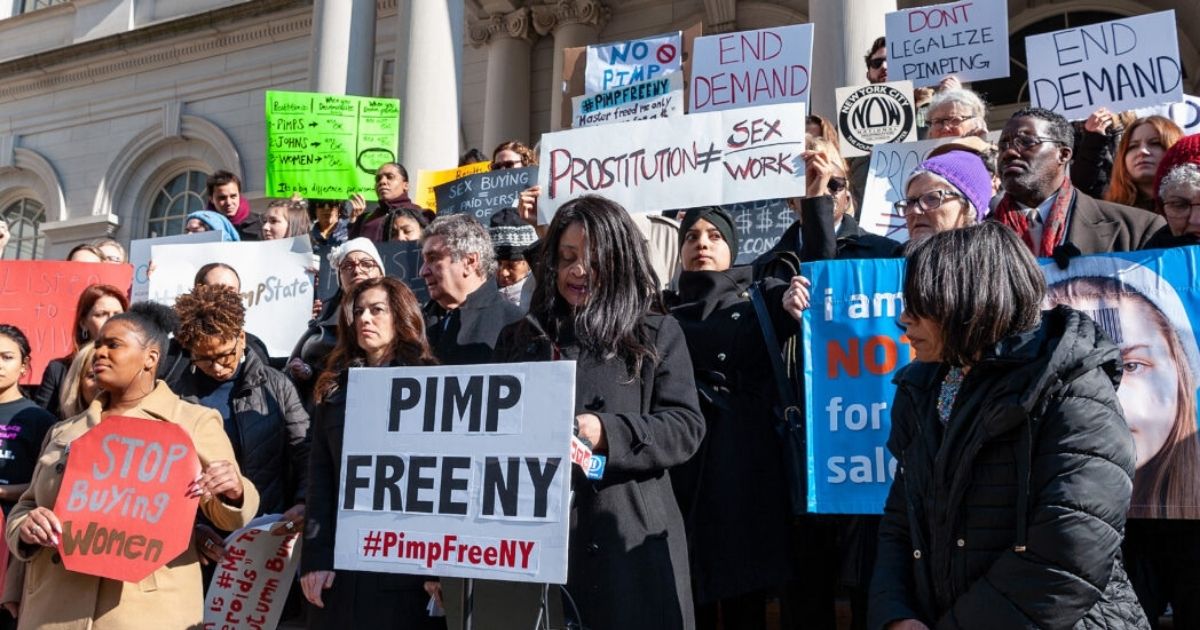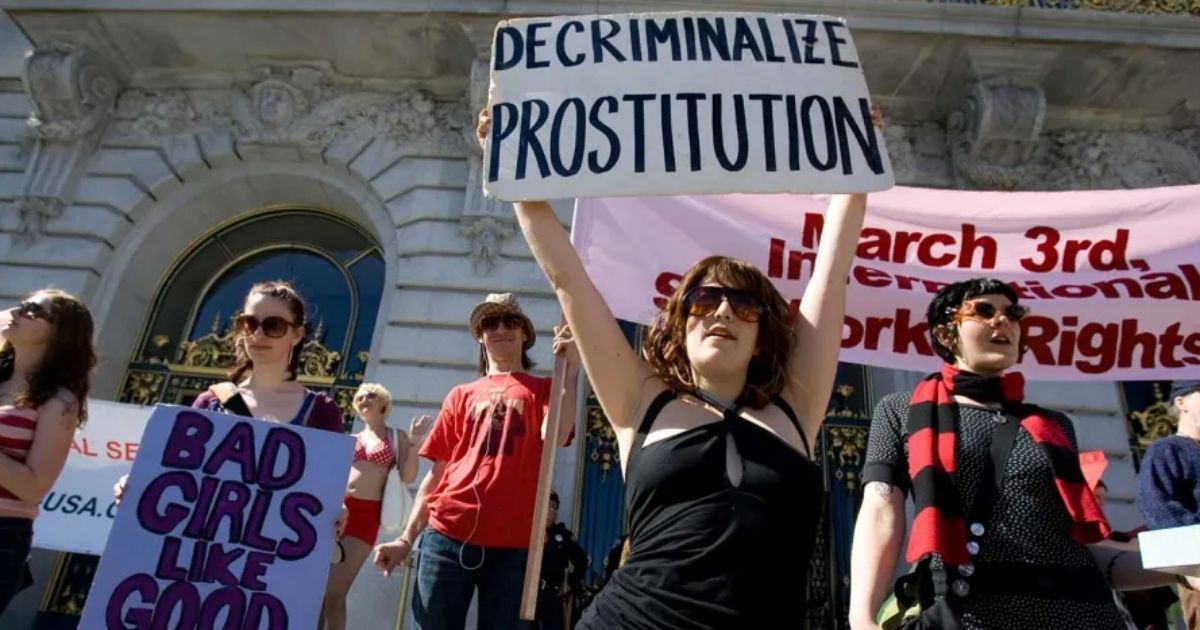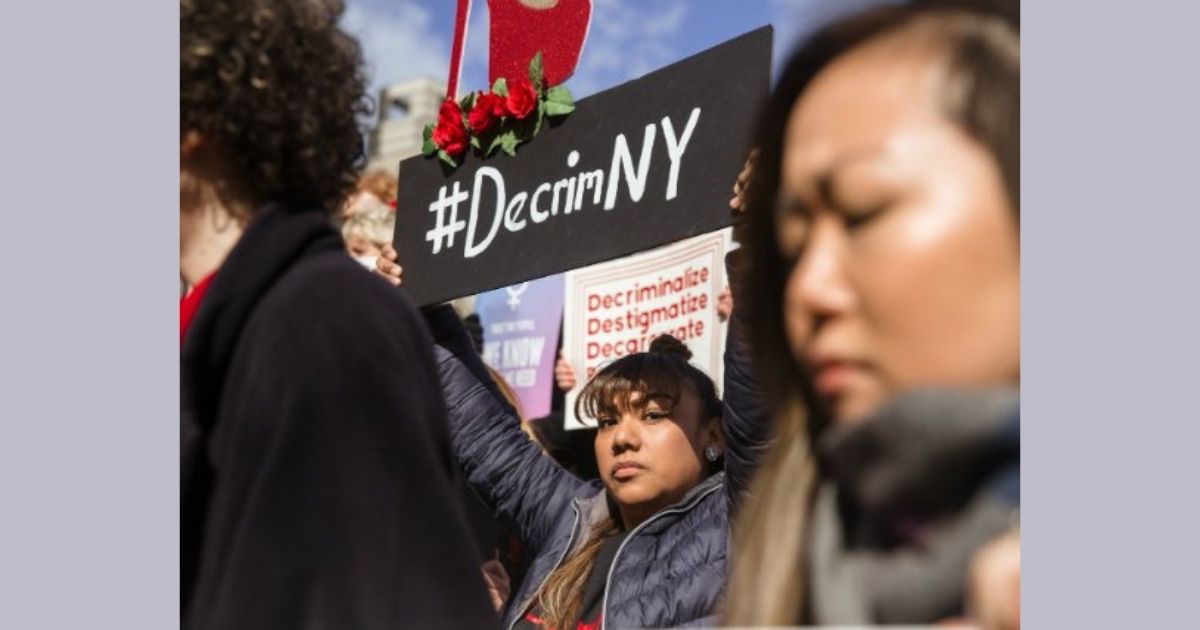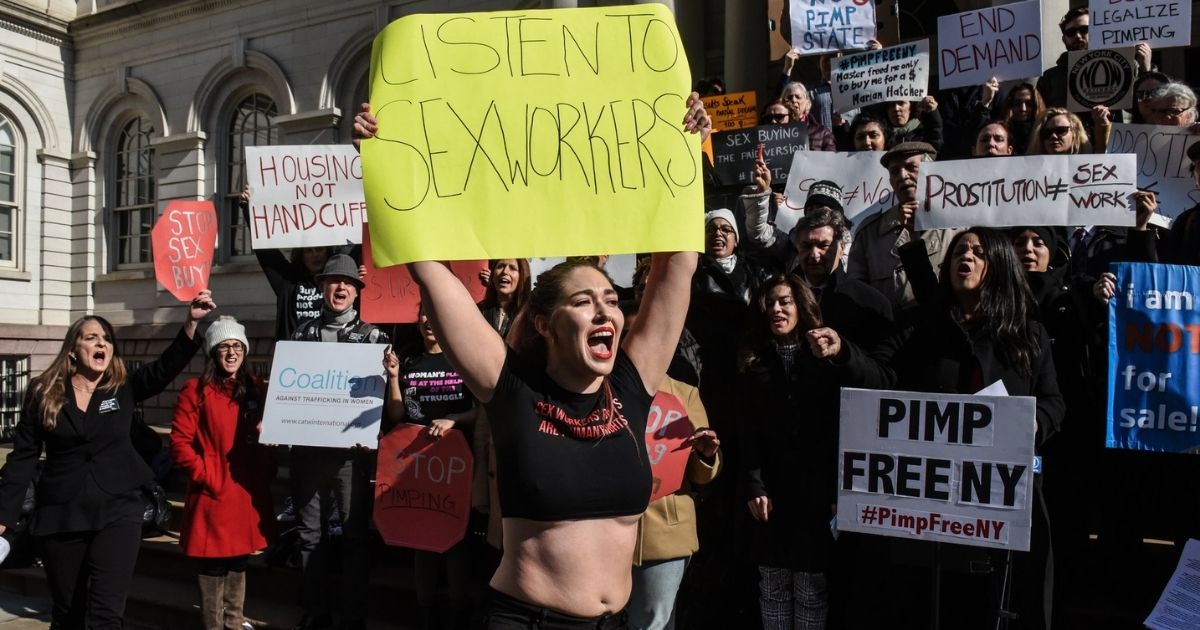In an attempt to provide better support for victims of sex trafficking, a New York state senator is set to introduce a bill calling for the partial decriminalization of sex work.
The new bill is expected to be introduced this week by Democratic State Senator Liz Krueger.
The bill was created with the input of former sex workers and sex trafficking survivors, and is primarily intended to protect vulnerable people forced into sex work either through trafficking or for economic reasons from being further harmed by the authorities.
If the bill is passed, it would protect all sex workers —trafficked or not— from prosecution. It would also keep buying or pimping out sex workers illegal.
The bill would also erase all historical convictions related to prostitution and so-called ‘kerb-crawling,’ and would also call for crimes committed by sex trafficking survivors to be removed from the record.
“This bill was created by listening and believing [in] survivors, that is what the amazing part of this is. In other spaces, a lot of times survivors of the sex trade, survivors of human trafficking, survivors of prostitution,” Cristian Eduardo, a sex trafficking survivor and activist who helped create the bill, told the New York Post.
“They are not listened to… we need a rite of change in the criminal justice system and how to achieve that in a policy way is by listening to survivors.”
The partial decriminalization of sex work is based on the ‘equality model’ – a more limited approach to regulating sex work compared to full decriminalization, which some believed it would make it harder to prevent sex trafficking.
In 2019, another bill advocating for full decriminalization of the sex work industry was introduced to the State Senate. The bill seeks to decriminalize people in sex work while still keeping buying sex, sex trafficking, and brothel owning illegal.
Research from 2018 found that decriminalizing prostitution and other forms of sex work were associated with low rates of violence and disease experienced by sex workers. This research was conducted over a period of 28 years.
The researchers found that sex workers subjected to repressive policing were three times more likely to suffer violence by buyers and partners, while those not subject to repressive policing were more likely to practice safe sex and less at risk of contracting HIV and other sexually transmitted diseases.
Advocates for full decriminalization also argue that legal options for buying sex would eliminate the need for brothels and other forms of sex trafficking. It would also mean that victims of sex trafficking would be protected by the authorities, although some research has suggested legalization could reduce the ability of law enforcement to investigate sex-traffickers.


